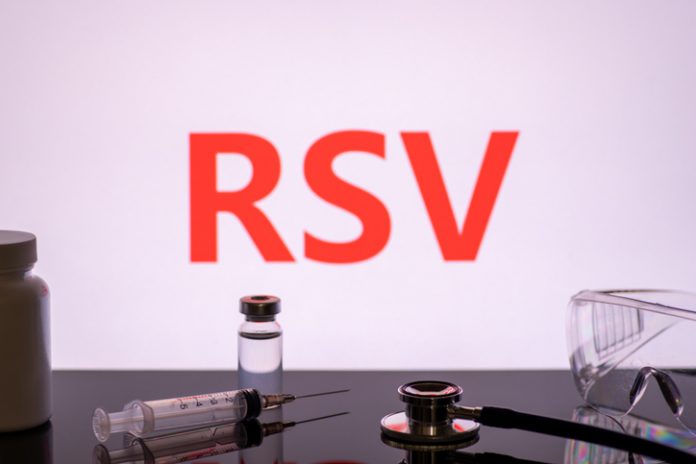Australia has launched its largest childhood preventative health initiative in nearly 20 years, with more than 300,000 doses of Beyfortus (nirsevimab) now available at no cost to parents.
The Immunisation Foundation of Australia confirms that Beyfortus vaccines are available on mass in all states and territories to protect babies entering their first RSV season that haven’t already received the maternal vaccine, as well as many high-risk babies entering their second RSV season.
This marks the first time an RSV immunisation is being offered directly to infants, complementing the maternal vaccine introduced in February.
Babies particularly vulnerable to RSV
Respiratory syncytial virus (RSV) is said to be the leading cause of hospitalisation among Australian infants.
Despite outbreaks typically peaking in winter, more than 22,000 RSV cases have already been reported this year, with nearly half of reported cases occurring in children under five.
Babies are particularly vulnerable to severe RSV-related illnesses, such as pneumonia and bronchiolitis.
‘An historic moment’
For the first time, parents seeking to protect their babies from severe RSV have the choice of:
- Maternal vaccination (Abrsyvo) – a vaccine given to a mother during pregnancy so she can develop and pass on protective antibodies to her baby when born. Protection lasts for 5-6 months after birth.
- Infant immunisation (Beyfortus or nirsevimab) – ready-made antibodies that offer same-day protection against severe RSV infection. One injection offers protection for infants from 5-6 months.
“This is an historic moment,” says Catherine Hughes AM, Founder of the Immunisation Foundation of Australia.
“RSV is the leading cause of hospitalisation in Australian babies, and, for the first time, we can ease the burden on emergency departments and paediatric wards across the country.
“The National RSV Mother and Infant Protection Program is the most significant childhood public health initiative since the introduction almost 20 years ago of the rotavirus vaccine, which slashed the number of infants hospitalised with severe gastroenteritis.”
Perth Children’s Hospital physician and vaccination specialist Professor Chris Blyth has seen firsthand the results of RSV immunisation with Beyfortus in Western Australia last year.
Babies receiving Beyfortus were 88.2% less likely to be hospitalised with RSV during their first RSV season compared with those who did not get immunised.
“These immunisations are backed by decades of research to provide a safe and highly effective means to prevent severe RSV disease and potentially reduce the risk of long-term respiratory issues, including asthma,” says Professor Blyth.
Time to take action
With the countdown to winter now on, the Immunisation Foundation of Australia is urging action.
“Right now, an army of healthcare professionals is working to ensure as many babies as possible are immunised ahead of the peak RSV season,” says Ms Hughes.
“The message is clear – whether its maternal vaccination or infant immunisation, RSV protection is proven to keep babies out of hospital.
“The most important things parents can do is speak with a healthcare professional so babies don’t go unprotected.”
Beyfortus has now been administered to six million babies worldwide and is available for Australian newborns whose mothers did not receive the RSV vaccine during pregnancy or were not adequately protected during pregnancy.
Some states are offering a catch-up program for older babies entering their first RSV season born as late as 1 August 2024.
Availability varies, with a full breakdown available here.









